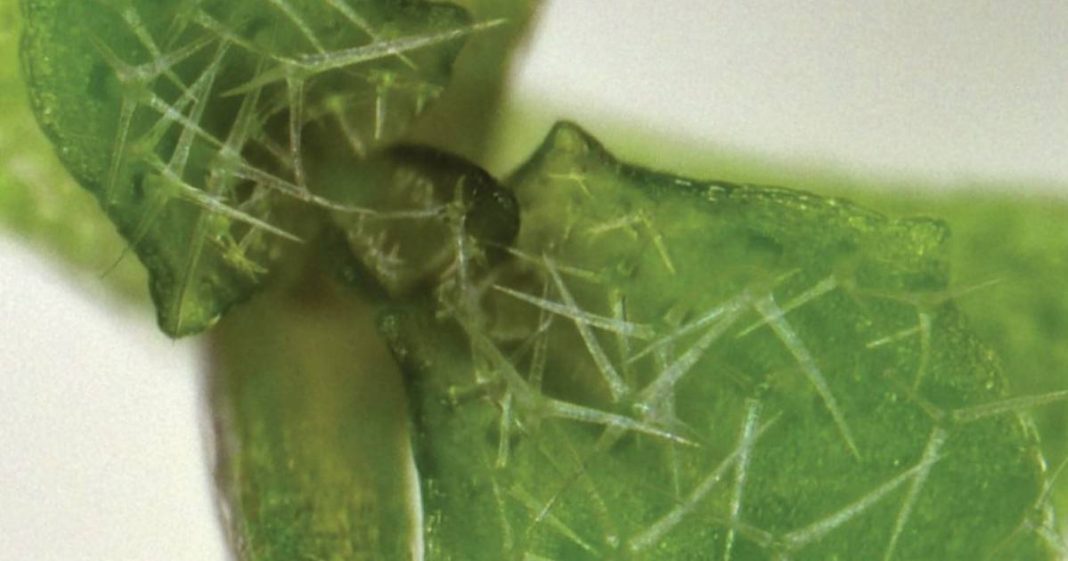Madrid, 13 years old (Europe Press)
A study revealed that plants need an intercom system to coordinate their growth, without which they would not be able to develop properly.
As published in Science, Cold Spring Harbor Laboratory (CSHL) professor David Jackson discovered that inside a plant, cells send messages to each other with RNA fragments, and that it’s a protein that carries these RNA messages between cells. Playing with this connection system can help crops grow better and adapt faster to their environment.
Dividing cells need to pass messages to each other to coordinate growth. In plants, important messages are packaged in RNAs, which are sent from one cell to another. Jackson and his team discovered, by studying the mustard-like plant, that RNA messages needed a special protein to accompany them to where they needed to go. Without this “accompaniment”, the cells cannot coordinate and the plant does not develop properly.
Unlike animal cells, plant cells are surrounded by a rigid cell wall. Messages can pass through this wall through tiny holes called plasmodesmata.
“Metadata are nanochannels embedded in the cell wall. They mediate the transmission of various signals from one cell to another, including proteins, RNA, hormones, ions, and substances,” Munenori Kitagawa, the postdoctoral researcher in the Jackson Laboratory who led this study, explains in a statement. nourishing;
Kitagawa wondered how plasmodesmata gates regulate messages from one cell to another. The team found that RNA signaling depends on a protein called AtRRP44a. Reducing the amount of AtRRP44a slowed the movement of RNA messages; Lacking proper messages, plants did not develop properly.
A protein similar to this companion protein is found in plants, yeasts, and other animals. The researchers were able to exchange part of the Arabidopsis thaliana signaling system with parts of maize and restore normal development, showing that this signaling system is similar in many plant species.
According to Jackson, “Plants are very sophisticated. We think of them just sitting in their environment, not moving, but they are actually processing a lot of information. He explained that the different parts of a plant talk to each other, sharing whether they have any attack from pathogens or if they are Need some nutrients.
In a related study recently published in Science, Jackson and his collaborators at New York University found that signals transmitted through these gates can increase the number of cell layers in corn roots, causing plants to be more resistant to environmental changes.
“This article represents an important step toward understanding how information is exchanged between cells to control development and other processes,” said John McDowell, program officer in the Directorate of Biological Sciences at the US National Science Foundation. By revealing a new component of cell-to-cell communication, this research opens the door to further research that could allow us to harness this process.”

“Wannabe internet buff. Future teen idol. Hardcore zombie guru. Gamer. Avid creator. Entrepreneur. Bacon ninja.”




